5 Minutes
A New Stephen King TV Adaptation That Talks Back to a Classic
After watching the recent small-screen adaptation of Stephen King's The Institute, it's hard not to notice a deliberate pushback against the unsettling moral universe of a 71-year-old, once-banned classic. King has long been a master at turning familiar, everyday life into a source of dread; his adaptations for television and streaming consistently dig beneath suburban surfaces to reveal anxieties about power, freedom, and childhood lost. The Institute takes that signature lens and turns it directly toward a simpler, darker provocation: when children are isolated, are they the source of evil or its victims?
Plot Summary: What The Institute Brings to the Screen
Premise
The series follows a group of gifted children kidnapped and imprisoned inside a shadowy facility where their telepathic and telekinetic abilities are harvested for mysterious, sinister ends. Stripped of normal family life and autonomy, the kids must navigate experiments, surveillance, and cruel authority figures as they seek to survive and reclaim agency.
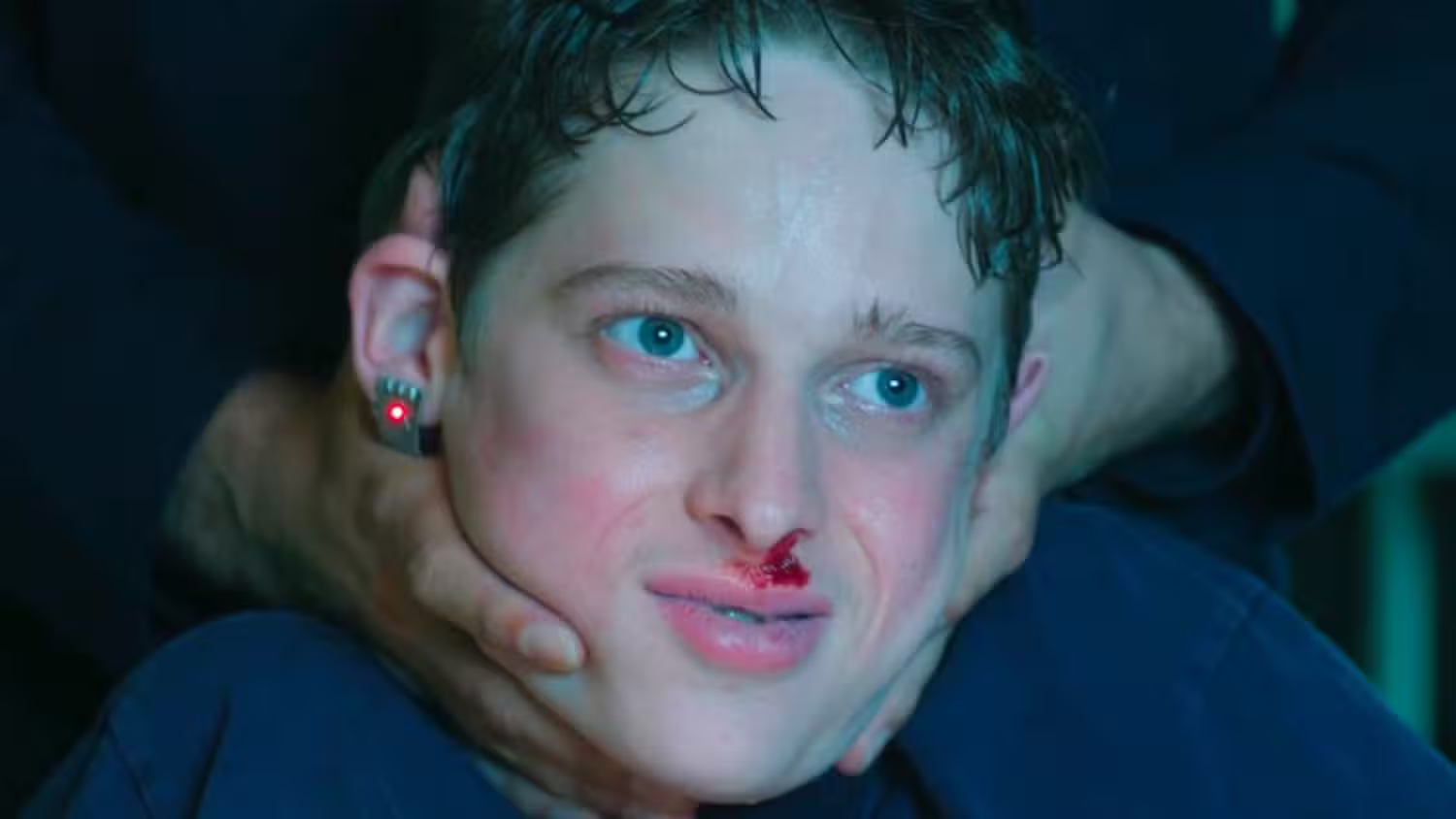
Key Story Beats
The show balances tense escape set pieces with quieter character moments, charting friendships forged under pressure, moral dilemmas about resistance versus complicity, and the heartbreaking loss of innocence when institutions weaponize children for power. Rather than descending into anarchic chaos among the young, this adaptation emphasizes solidarity and moral courage as the route to survival.
Cast and Crew
The television adaptation assembles an ensemble that blends talented child actors with seasoned character performers, supported by a creative team steeped in horror and prestige TV. Stephen King remains the foundational authorial voice, while showrunners, directors, and writers translate the book's psychological terror into serialized drama. Production design and cinematography lean into claustrophobic interiors and stark lighting to make the Institute itself feel like an omnipresent character.
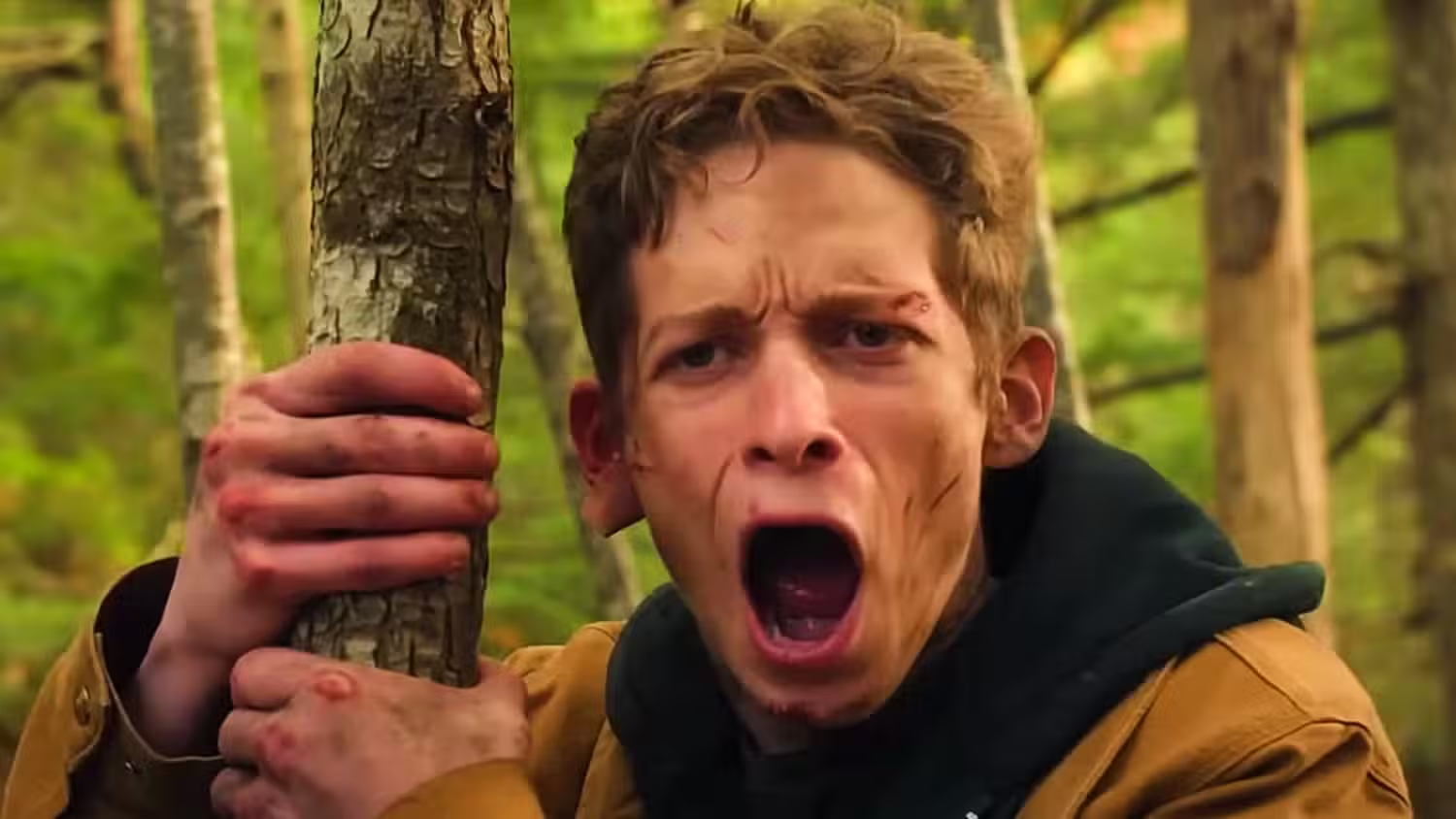
Production Details
The series is notable for its production values: meticulous set design recreates medicalized cruelty with cold, clinical detail; the score underscores tension with a minimalist, unsettling palette; and visual effects are used sparingly to keep the supernatural elements grounded and emotionally resonant. Filming locations emphasize isolation, and careful casting of the children ensures performances that sell both vulnerability and quiet defiance.
How The Institute Dialogues with Lord of the Flies
William Golding's Lord of the Flies, published in 1954 and controversial enough to be banned in places, famously argues that without social constraints humans revert to a brutal, primal state. King knew that book well as a teenager and has acknowledged its impact on his imagination. Where Golding's boys fracture into violence and cruelty, The Institute posits a different thesis: the real threat can come from external institutions that corrupt and exploit, and children can respond with solidarity and moral clarity rather than devolving into savagery.
This contrapuntal relationship makes the TV adaptation especially interesting for cinema and literature lovers. It reframes the debate about human nature, asking whether evil is innate or constructed by systems of power, a question that resounds strongly in today's political and cultural conversations.
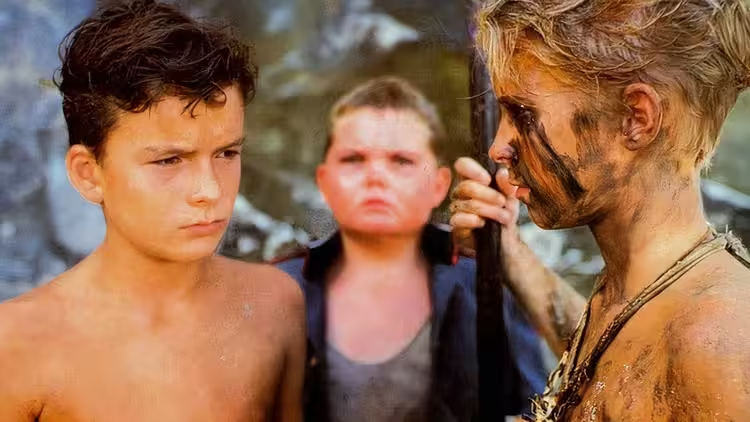
Critical Reception
Early reviews have tended to praise the show for its haunting atmosphere, strong performances from the young cast, and thoughtful exploration of ethical themes. Critics often note the series' success in maintaining suspense while offering emotional payoff, though some point to occasional pacing lulls as the serialized format stretches novel material. Overall, reception skews positive among fans of horror, psychological thrillers, and faithful adaptations.
Personal Take: Why This Adaptation Matters
As a fan of cinema and TV adaptations, I find The Institute refreshing because it refuses simple answers. It honors King's knack for horror while engaging in an intertextual conversation with Golding that elevates the material beyond jump scares. For viewers craving character-driven suspense and thematic heft—about power, childhood, and moral resistance—the series delivers a compelling blend of genre thrills and thoughtful drama.
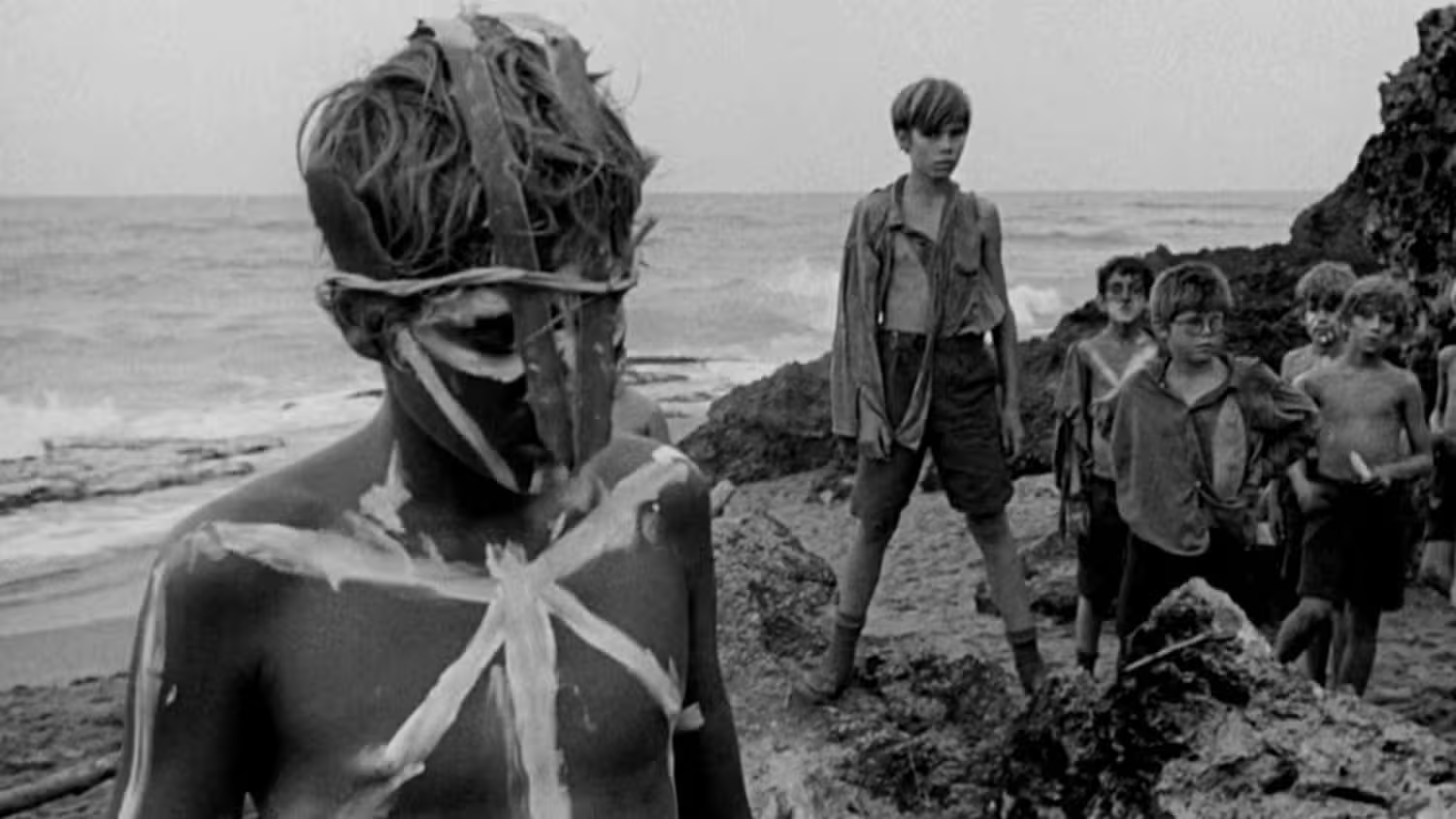
Where It Fits in the Streaming Landscape
The Institute joins a growing slate of prestige horror on streaming platforms that treat genre as a vehicle for social commentary. Its combination of smart production design, strong child performances, and moral complexity makes it a must-watch for anyone interested in adaptations, modern horror, and the continuing cinematic conversation with classic literature.
Source: screenrant

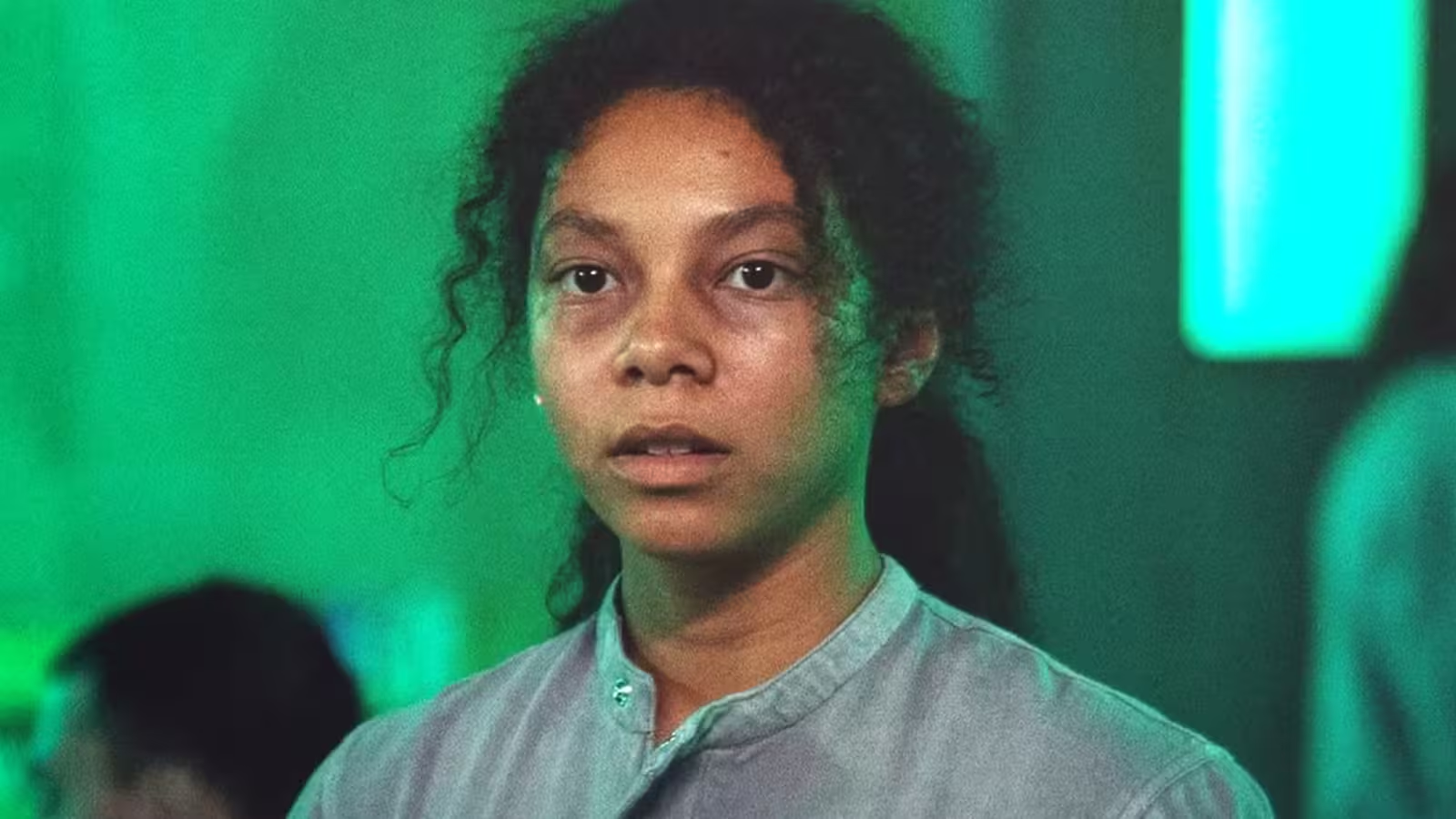
Leave a Comment